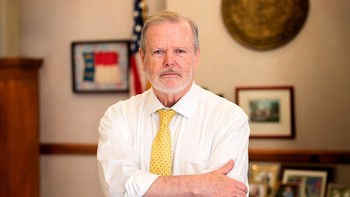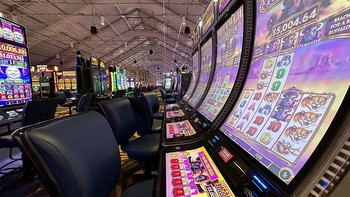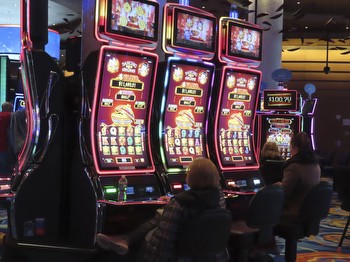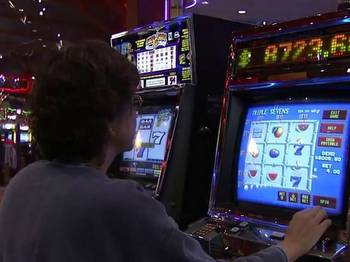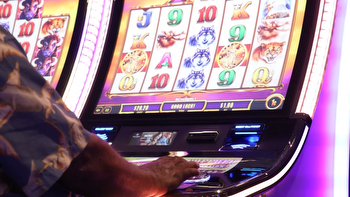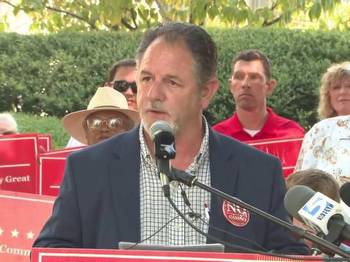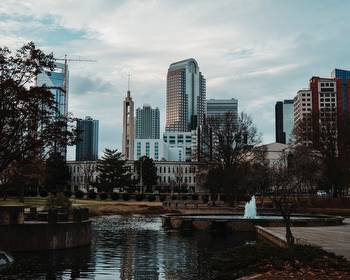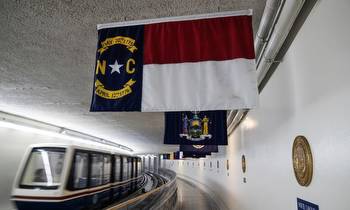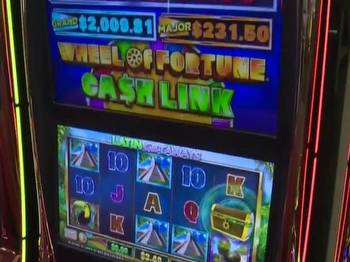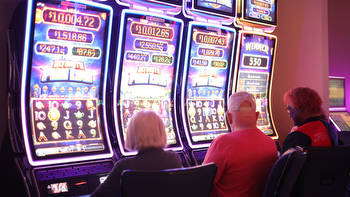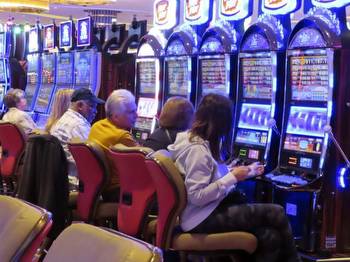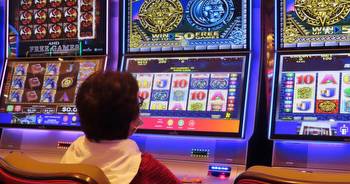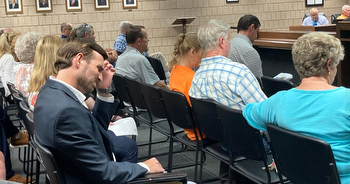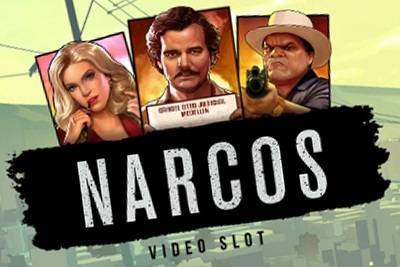Draft casino bill calls for $1.5B investment, one company to run 3 sites

North Carolina would award a single business the right to develop three casinos across the state as part of a new $1.5-billion investment, according to a draft of proposed legislation obtained by WRAL.
Lawmakers haven’t publicly released bill language, but they have discussed the broad strokes of the proposal. The draft bill obtained Thursday afternoon corroborated some of what legislative leaders have described and offered more specifics on the proposal to expand legal gambling in the state.
On Thursday morning, House Speaker Tim Moore and Senate leader Phil Berger outlined the negotiations over casino proposals that are happening at the same time as leaders work to finalize a compromise budget.
Moore told reporters that the casinos would be in Anson, Nash and Rockingham counties.
The draft bill, dated July 11, doesn’t list those counties by name. Instead, it spells out criteria for eligible counties, including located east of Interstate 77, a border county or one traversed by Interstate 95, having a population of less than 100,000 people and being one of the 40 most economically depressed counties in the state.
Moore, R-Cleveland, said a fourth casino could be run by the Lumbee Tribe in the southeastern part of the state even if the tribe does not get its long-sought federal recognition. The draft bill separates it from the other three districts, allows for it to be owned by the Lumbee or its affiliate and operated in one or more of 10 southeastern counties.
The draft bill calls for the secretary of administration to begin taking proposals by Sept. 1 from companies with 10 years of experience in the commercial gaming industry that plan to spend at least $1.5 billion in private money ($500 million, at least, at each location) and propose to add at least 5,250 jobs. That period would last 60 days and then the secretary of administration would have another 60 days to “select a business to be its binding recommendation” to the secretary of commerce.
The draft bill includes penalties for not reaching investment or job-creation targets. The casinos would pay a 22.5% excise tax on gross gaming revenue.
The draft bill doesn’t discuss video gaming terminals (VGTs) or video lottery terminals (VLTs). Moore said legalization of the slot machine-style games is being discussed as part of the casino negotiations.
House and Senate leaders are negotiating a compromise budget deal. Each chamber passed its own budget, which included big differences over tax cuts and reserve accounts. Republicans hold super majorities in both chambers. The negotiations over casinos and video gambling are happening at the same time.
"There's a decent amount of support for it in the caucus, both for the entertainment district as well as the VLTs," Moore said.
Senate leader Phil Berger, R-Rockingham, said: "I don't know that it's something we'll be able to do. Obviously, it's something I've been supportive of."
While there has been a lot of discussion about casinos during the session, particularly as Virginia has opened casinos on the North Carolina border, House lawmakers said last week that they had not seen a concrete proposal.
That has changed, as the chambers have exchanged draft legislation with specifics, Moore told reporters Thursday.
Moore said the House received a draft back from the Senate on Wednesday and it has been shared with House leadership. Lawmakers approved mobile sports betting earlier in the session, though it won't begin until at least January.
"My understanding is that there is more support for this proposal than there was for some of the sports betting," Moore said, while cautioning that he had not looked at a vote count.
Moore said rural lawmakers, particularly those in parts of the state that would benefit economically from casinos, have expressed support.
"They see it as a way to really spur the economy of the region, he said.
Berger said the entertainment districts have a broader vision beyond brick-and-mortar casinos.
"It wouldn't be just a standalone casino," he said. "The idea would be that there would be a district that would include a casino, a hotel, possibly residential, commercial, office-industrial and it would be sort of a package that would be developed. That's at least the concept."
Berger said multiple developers already have reached out to his office, though he declined to name them.
WRAL reported this week that a casino developer has sought to rezone 192 acres in Rockingham County, a signal to neighbors that a casino could be coming.
Moore said it is important that the Eastern Band of Cherokee Indians, which operate two casinos in the far-western part of the state, are part of the discussion. The Catawba also operate a temporary casino in Kings Mountain.
Casino and video gambling interests have hired lobbyists in North Carolina, and anti-gambling groups have placed digital ads and sent mailers to rally opposition to expanded gambling. One group placed ads on the Drudge Report website Wednesday, saying "North Carolina is no Las Vegas." Earlier this week, the NC Family Policy Council called on anti-gambling advocates to call Berger and urge him to oppose the expansion of casino gambling.
“Casinos are particularly harmful because they are specifically and strategically designed to exploit people and entice them to gamble for as long as possible,” the NC Family Policy Council wrote on its website.
The draft bill doesn’t require a referendum in the communities where the casinos could be located. Berger said the bill would allow localities to have a say. That could be a vote by a governing body, such as county commissioners. Moore said that lawmakers have been in contact with local elected leaders in those communities.
"The report back to me is that they support it," Moore said.








